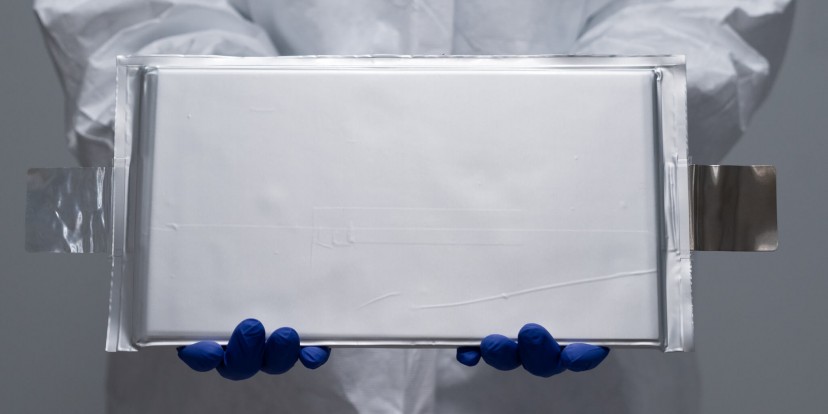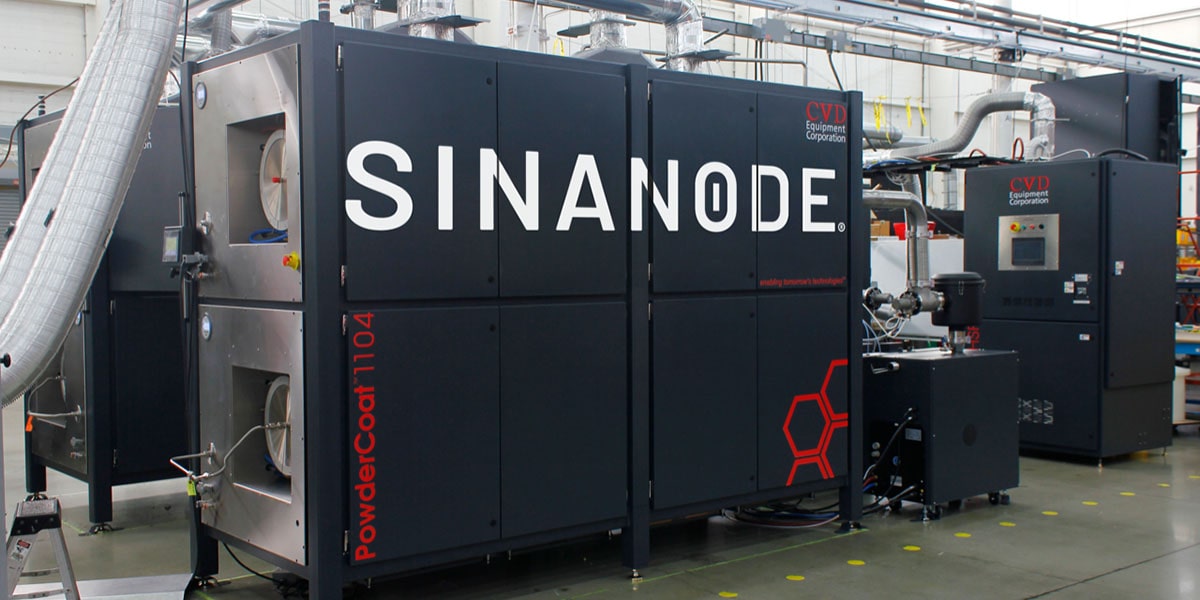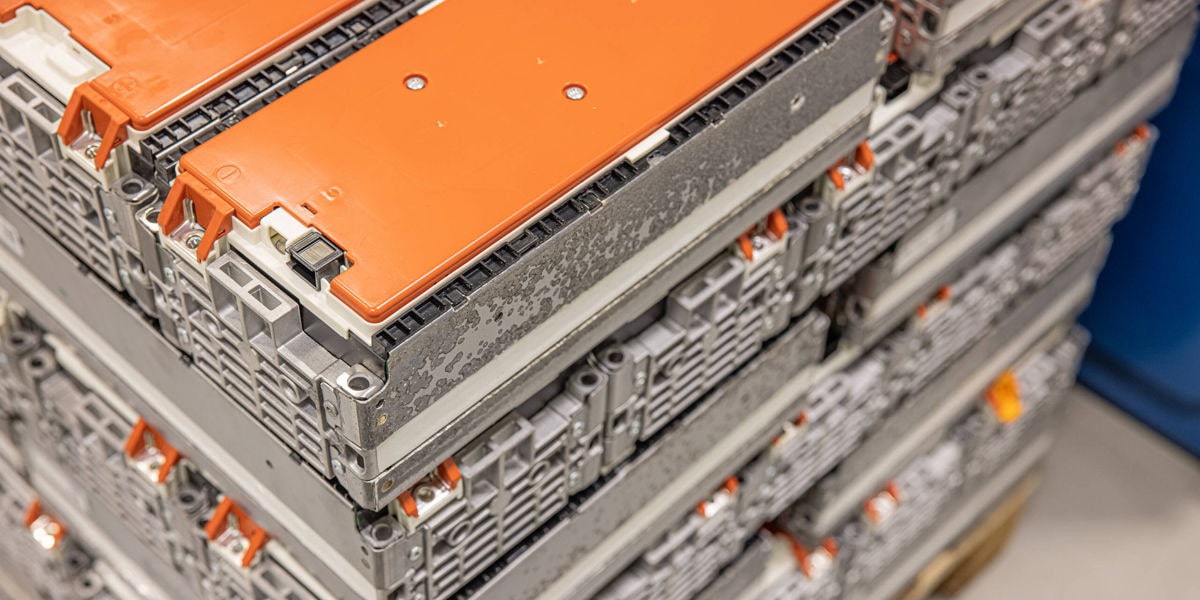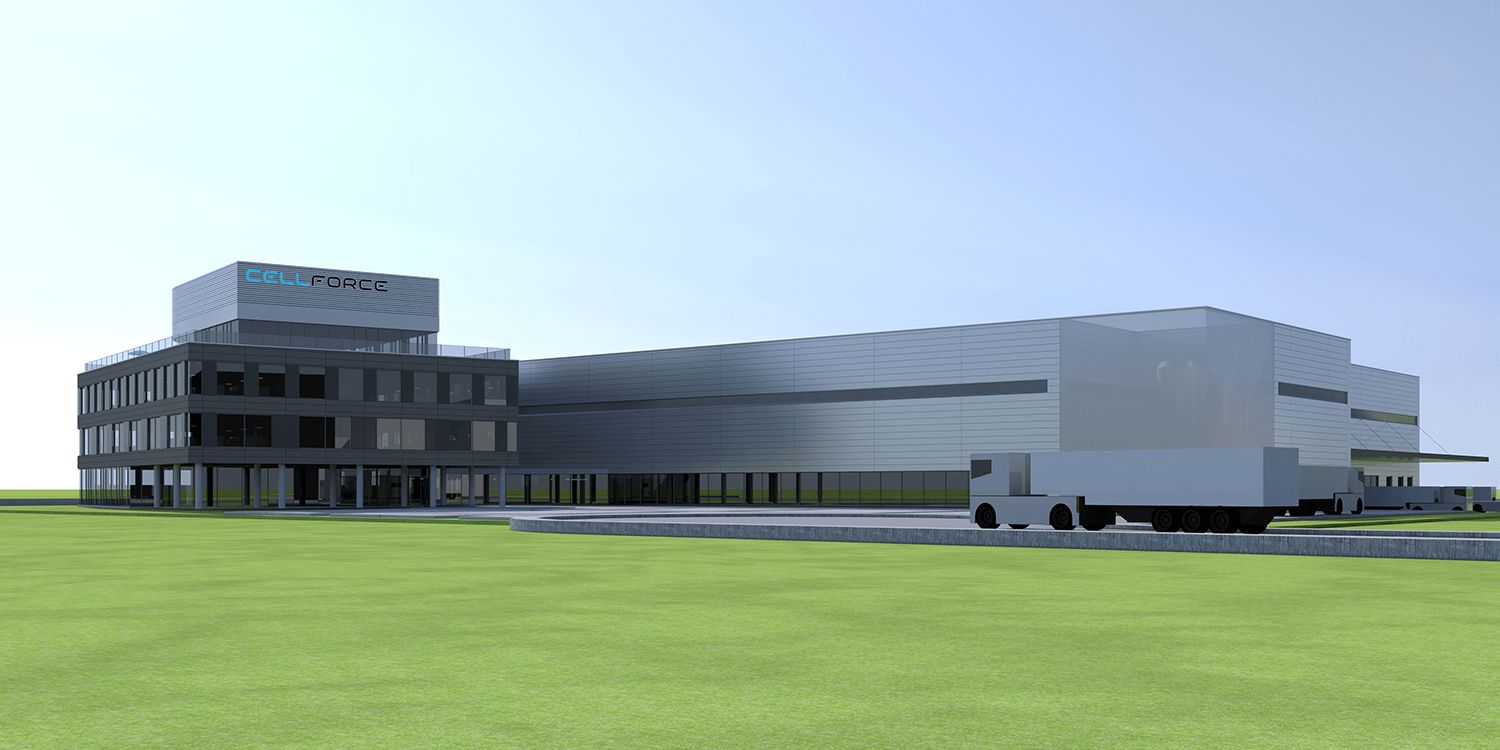During the ongoing ees Europe conference in Munich, Germany, ProLongium has taken the opportunity to reveal its latest breakthrough in solid-state battery technology. Developed in collaboration with Mercedes, the company’s second-generation solid-state battery has the potential to revolutionize the electric vehicle (EV) landscape.
Building upon the success of their first-generation 100% silicon oxide anode technology, which paved the way for high energy density, ProLongium has adopted a simple yet effective approach with its new battery innovation. By employing larger battery cells, similar to Tesla’s 4680 cells that deviate from the 2170 standard, the company has introduced the Large footprint Lithium Ceramic Battery (LLCB).
Utilizing a solid ceramic electrolyte with exceptional thermal capabilities, ProLongium has been able to increase the size of battery cells while maintaining a rectangular shape, reminiscent of CATL’s Qilin battery technology. This design evolution has resulted in fewer individual battery cells, reduced parallel connections, and consequently a simpler construction, higher energy density, and decreased volume.
The performance gains achieved by ProLongium’s LLCB are undeniably impressive. The company claims that this battery technology doubles the energy density of current battery solutions. As a practical example, this means that a Mercedes EQE 350+ could potentially increase its capacity from around 90 kWh to nearly 180 kWh. ProLongium also projects a remarkable 79% increase in driving range, translating to approximately 720 km for the Mercedes EQE 350+.
Moreover, the adoption of this new technology offers an additional advantage in the form of weight reduction. Considering the anticipated high cost of solid-state batteries in the foreseeable future, manufacturers are inclined to keep battery sizes manageable. Therefore, while the EQE 350+ may retain a 90 kWh capacity, it can benefit from a smaller and lighter battery pack. ProLongium estimates a weight saving of approximately 115 kg.
Excitingly, the integration of ProLongium’s solid-state batteries into road-going cars is expected to happen relatively soon. The company is currently in the process of preparing assessment samples for automakers, with testing slated to commence later this year.
Furthermore, ProLongium has strategically chosen Dunkirk, France as the location for its Gigafactory, dedicated solely to solid-state battery production for the European EV market. With an impressive planned annual capacity of 48 GWh, the €5.2 billion investment appears to be off to a promising start.







